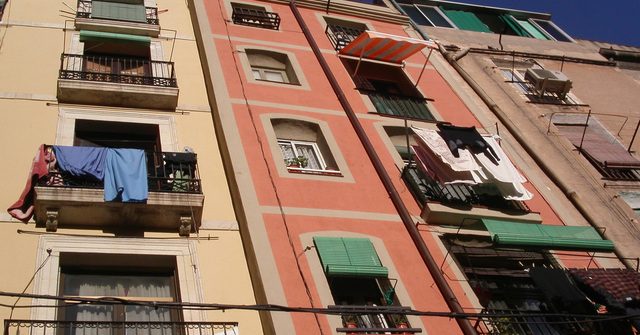Arrow Capital Partners has been appointed by an affiliate of Cerberus Capital Management to assist in the management of an €750 million portfolio of light industrial and logistics assets in Spain.
The industrial portfolio includes over 1,000 light industrial and logistics assets totalling approximately 5,000,000 sqm located close to Spain’s major cities and transport hubs with circa 60% within the Barcelona and Madrid metropolitan areas. The portfolio will be managed by Arrow Capital Partners’ Spanish team established in early 2018, based in Madrid and led by Howard Barnes.
Robert Falls, Managing Director at Cerberus European Servicing, Ltd, Cerberus’ affiliated advisor with regards to asset management, property management, and loan servicing platform, commented: «We are pleased to be partnering again with the team at Arrow Capital Partners to assist us with the management of our industrial portfolio in Spain. We’ve developed a great relationship with Arrow Capital Partners over the years through various European mandates and we look forward to leveraging their expertise and capabilities in the Spanish market.»
Howard Barnes, Head of Spain at Arrow Capital Partners, says: «As the Spanish economy continues to recover from the financial crisis, we are seeing some excellent entry opportunities, particularly for us as we are looking to acquire light industrial and logistics assets of over €200 million in the next year or so. As growth in Spain’s e-commerce sector continues off a low base, a marked supply / demand imbalance has developed in the light industrial and logistics sectors, increasing rents and capital values.»
Author: IPE Real Assets
Photo: iStock.com/Ron Full
Edition: Prime Yield






